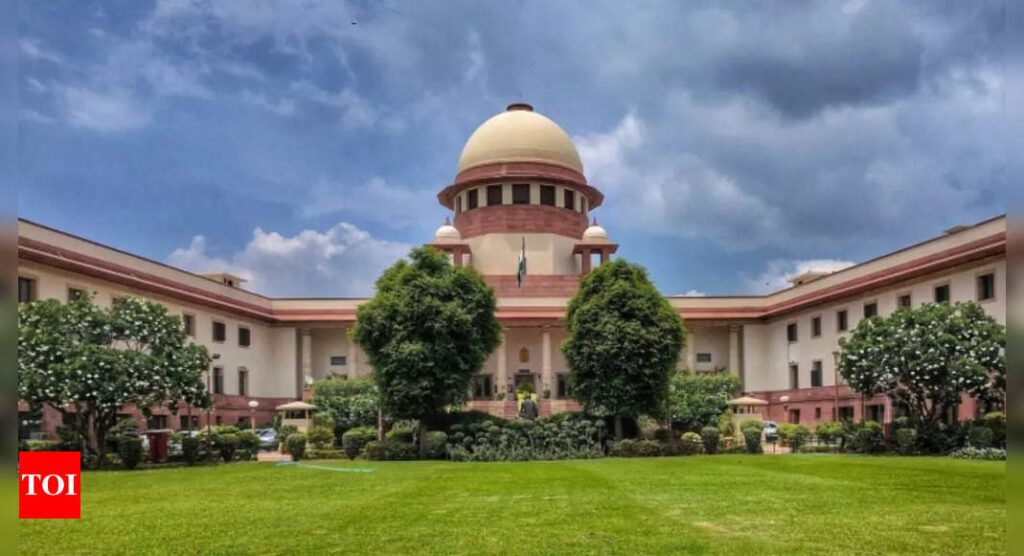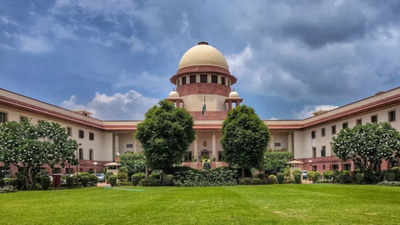Why refer re-sent bills to President, SC asks Tamil Nadu governor R N Ravi | India News

NEW DELHI: With Tamil Nadu governor R N Ravi refuting the state govt’s charge that he acted with malice in taking decisions on the bills referred to him and claiming that he was discharging his duty as per law, Supreme Court Friday asked him how he could refer bills to the President when the assembly had sent them to him after reconsideration.
Appearing for Ravi, attorney general R Venkataramani told a bench of Justices J B Pardiwala and R Mahadevan that Ravi acted in the capacity of a neutral adviser under Article 200 of the Constitution.
When a state govt introduces a bill before the legislative assembly and presents it before the governor for his assent and when the governor withholds assent, the bill in question falls through. This means the bill ceases to exist. In such a case, there is no requirement on part of the governor to go through the procedure of first proviso. Govt on its own also cannot go through first proviso, when as a matter of fact the governor has not sent the bill for reconsideration, the AG said.
He added that when the bill suffered from repugnancy (inconsistent with central law), the governor need not necessarily and may not even be obliged to go under the first proviso process.
The first proviso says the governor may, as soon as possible after presentation to him of the bill for assent, return the bill if it is not a money bill together with a message requesting that the House reconsider the bill, and when a bill is so returned, the House shall reconsider the bill accordingly. It says that if the bill is passed again by the House with or without amendment and presented to the governor for assent, the governor shall not withhold assent therefrom.
In this case, the governor withheld his assent on bills passed by the assembly. Thereafter, the assembly passed those bills again and sent them to him for approval and this time he referred the bills to the President. Referring to the first proviso, the bench asked how the governor could send the bills to the President in cases where the House resent the bills after reconsideration. Summarising the arguments of the AG, the bench said, “You are saying to ignore the proviso and the proviso has no application.”
Venkataramani replied, “The role for the first proviso is confined to cases where the bill may not be hit by any constitutional limitation, and is within the competence of the legislature but may admit of changes, amendments. Such amendments, changes that the a governor may suggest within the scope of the first proviso will not be relatable to matter such as repugnancy… To insist that regardless of the nature of objections that the governor may have, including the repugnancy objection, the governor is mandated to proceed under the first proviso will amount to rewriting of the first proviso to Article 200.”
Check out the latest news about Delhi Elections 2025, including key constituencies such as Kalkaji, Karol Bagh, Tilak Nagar, New Delhi, Laxmi Nagar, Badarpur, Ghonda, Krishna Nagar, Model Town, Rithala, Trilokpuri, Najafgarh, and Matia Mahal.







